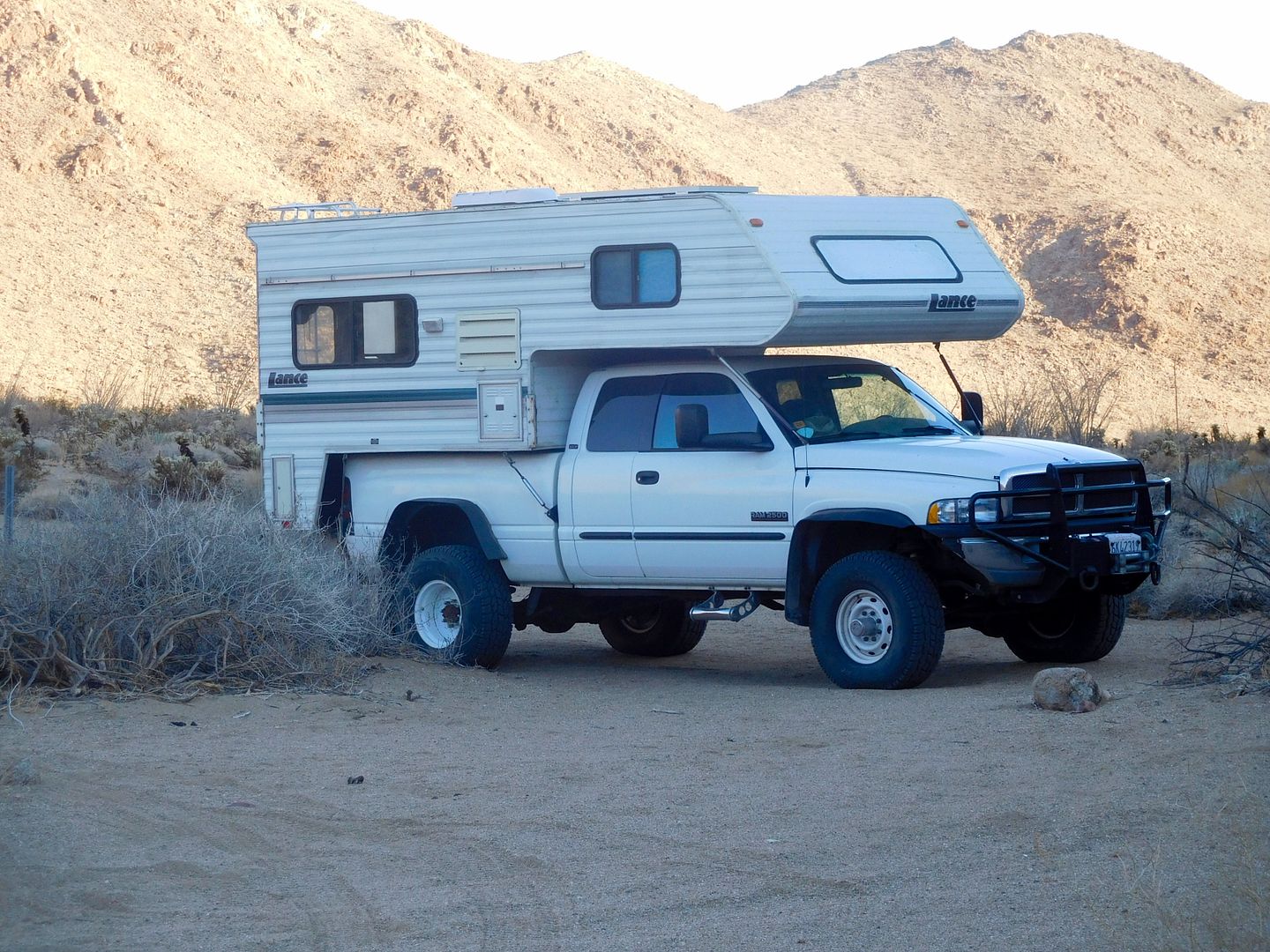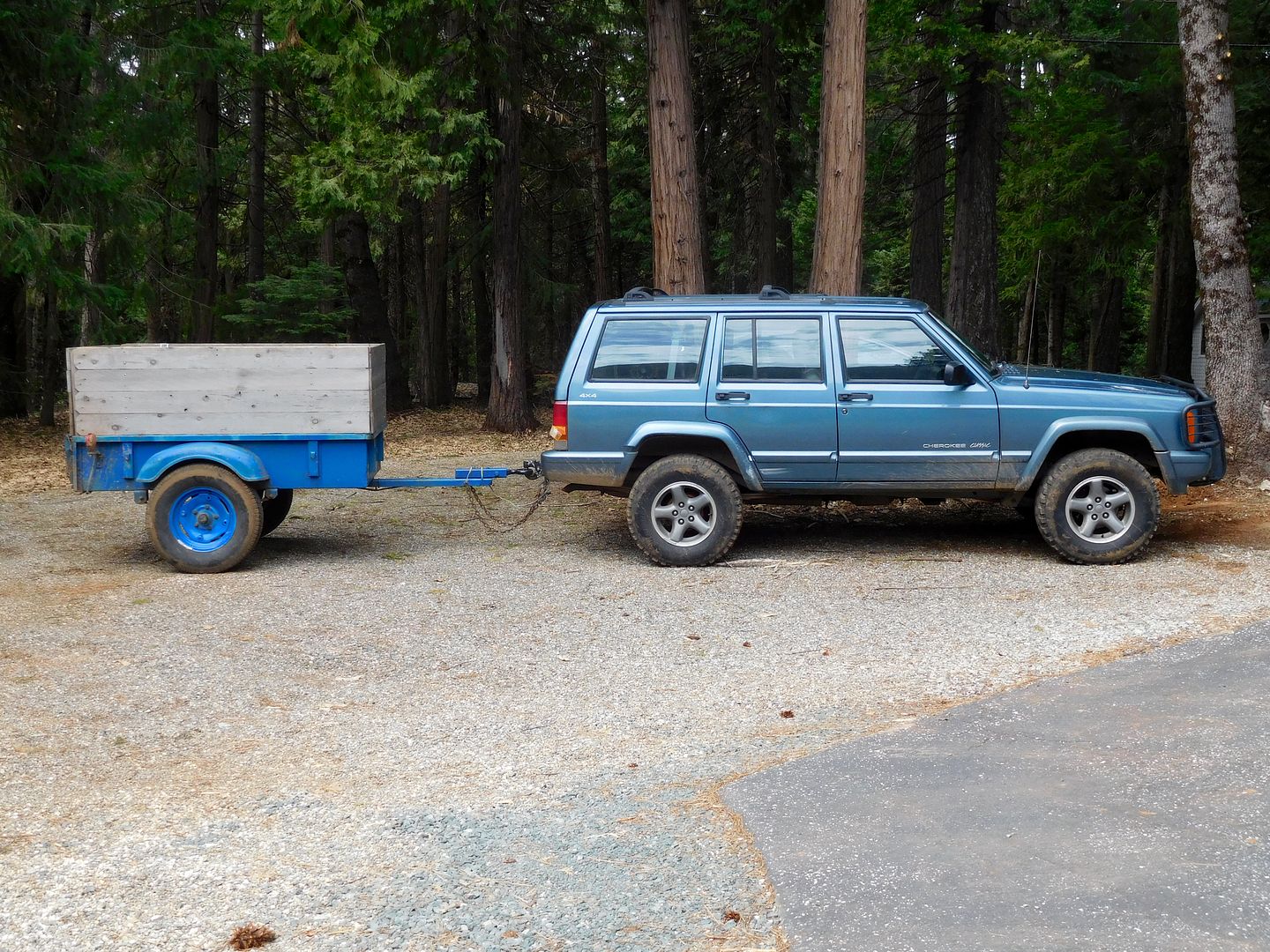toy_tek
Adventurer
Lots of good opinions here.
While there are arguably older/cooler vehicles, I’d vote for a later 80s EFI 22Re Toyota. Simple to work on, very well designed from the factory, very good parts availability, very good support network (online & local enthusiasts etc), and reasonably priced parts. You can even find reasonable prices on OEM parts from Toyota (thanks Camelback!) and know you are installing quality parts that should last as long as they did originally.
You mentioned the buy-in price, but if you find a good deal on a Toyota (lots listed here in AZ for under 4K), you may very well be able to sell it a few years from now for the same amount or more, as prices have definitely bottomed out and in some cases are starting to rise again. This is of course true with a lot of old chevys etc, but since I’m focusing on Toyota it is worth a mention.
I’ve owned & wretched on Chevy, Jeep, Ford, International, and 3 Toyota 4x4s, and while I liked certain things about all of them, when I think about factory engineering & reliability overall, I (in my experience) would always point to Toyota.
While there are arguably older/cooler vehicles, I’d vote for a later 80s EFI 22Re Toyota. Simple to work on, very well designed from the factory, very good parts availability, very good support network (online & local enthusiasts etc), and reasonably priced parts. You can even find reasonable prices on OEM parts from Toyota (thanks Camelback!) and know you are installing quality parts that should last as long as they did originally.
You mentioned the buy-in price, but if you find a good deal on a Toyota (lots listed here in AZ for under 4K), you may very well be able to sell it a few years from now for the same amount or more, as prices have definitely bottomed out and in some cases are starting to rise again. This is of course true with a lot of old chevys etc, but since I’m focusing on Toyota it is worth a mention.
I’ve owned & wretched on Chevy, Jeep, Ford, International, and 3 Toyota 4x4s, and while I liked certain things about all of them, when I think about factory engineering & reliability overall, I (in my experience) would always point to Toyota.




